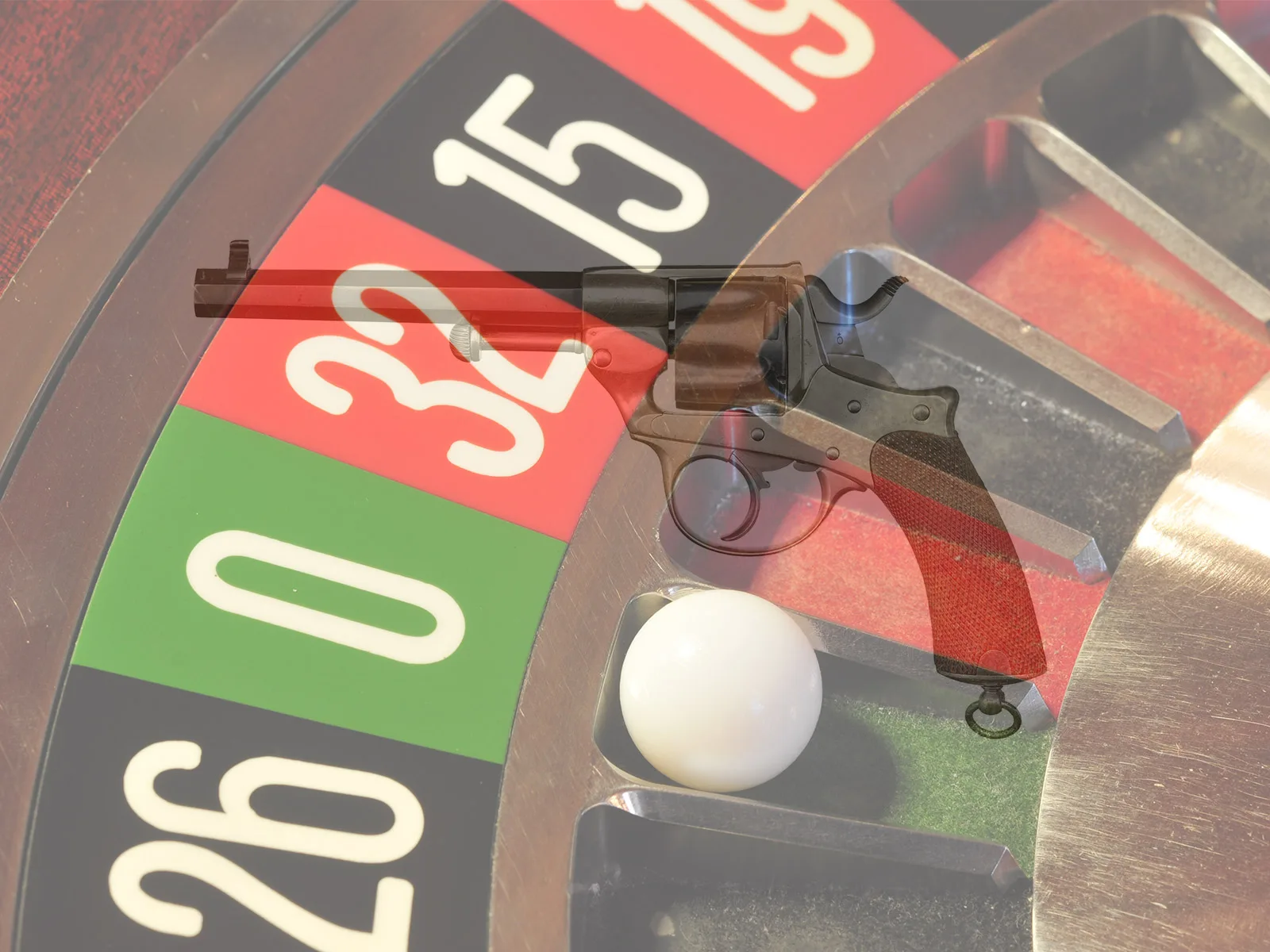Power Games

Status makes people uncomfortable.
And by people, I really mean "me."
It's one thing to accept that we are social animals. It's another to really lean into the realization that every interaction you've ever had with another person has had some sense of "status" baked into it, humming away in the background.
For some people, status is a given; they are comfortable with seeking it and exploiting it. For others, it feels somehow "wrong;" it violates their aesthetic or ethical sensibilities.
This discomfort with status leads many kind, thoughtful individuals to simply eschew the pursuit of status altogether. "I don't need to play the status game," they tell themselves, unlike those who are "so empty inside" that they "need" to pursue status. This belief serves the dual purpose of both protecting themselves from the threats of competition for power and making them feel morally superior while doing so. Quite the deal if you can get it.
This thread of status-reluctant fantasizing is what was behind the emergence of the "sigma male" into the already-asinine "alpha vs. beta" discourse. Sure, you can be an alpha; but doesn't the very fact that the alpha seeks social dominance imply some kind of...lack? Better to be the sigma male, the male who (somehow) exists outside the social hierarchy while still receiving all its benefits. How this could be is never explained.
The internet has a word for all of this: cope.
The fact of the matter is, if you want to impact the world in any way, you will need allies; and if you need allies, you need status. We could get into the research on this point, which is voluminous, but why bother? You already know this to be the case. Look at anyone with power currently, regardless of whether you like or agree with them, and simply ask: do they project low or high status? Did they project low or high status in the process of acquiring that power? If they started projecting low status tomorrow, what would happen?
For those of us who naturally shy away from jockeying for power and status, acknowledging these truths about the way the world works can feel dispiriting. "It shouldn't be that way!" But it is, and it always has been. Besides, if you want to change it, you need power and status to do so.
(We're actually dedicating most of the year to untangling how to get good at effectively using power in DSS for exactly this reason).
There is hope: status comes from behavior, and behavior can be learned. The "alpha/beta" dichotomy is asinine not simply because of its dramatic misunderstandings about where status comes from, but from its reduction of the human experience to biology. Human experience has never been reducible to the biological - psychology will always have its say. As such, status and power are not just contextual but fluid, changeable, and ultimately largely within our power to change.
So - let's talk about changing it.
Impro: Improvisation and the Theatre is a book by Keith Johnstone that is about exactly what it says: direct instruction on how to do a very particular kind of stage improvisation (note that while Johnstone's students are often funny, this is not "improv" as we've come to understand it today, but rather any kind of theatrical performance that is unscripted).
Despite being very specific in subject matter and intended audience, Impro has acquired a cult following. The insights Johnstone brings to the improvisational experience have a lot to say about our regular, day-to-day experiences as well. This makes sense: what's more improvisational and unscripted than our normal social interactions?
Impro has an entire chapter on status, since Johnstone claims that understanding (and being willing to play with) status "unlocks" performances in his students that otherwise would be beyond them. Keep in mind that Johnstone teaches theatre to theatre students - although there will be individual differences, most of Johnstone's students start off as extremely reluctant to engage in "power play."
Johnstone unlocks status for his students in an ingenious way: he tells them to think of it like a game.
Johnstone:
'Try to get your status just a little above or below your partner's,' I said, and I insisted the gap should be minimal. The actors seemed to know exactly what I meant and the work was transformed. The scenes seemed 'authentic,' and the actors marvellously observant...Normally, we are 'forbidden' to see status transactions except when there's a conflict. In reality status transactions continue all the time.
Johnstone critiques some other ways of teaching status, concluding that "If [the other teacher] taught them to play status transactions as games then the feeling within the group would improve. A lot of laughter would have been released, and the group might have flipped over from acting as a competitive group into acting as a co-operative one."
What does it mean to "play status transactions as games"?
Johnstone posits that there are three types of "status player." The first compulsively plays low-status; they lower their own standard relative to others in order to feel safe or seem unthreatening. The second compulsively plays high-status; they must feel they are "on top" of any social hierarchy in order to feel secure. The third type are "status experts, raising or lowering their status with great skill." Status experts see status transactions as a game and play them as such, altering their strategy depending on the context.
Johnstone offers the "'see-saw principle': I go up and you go down." Raising your own status makes other people feel lowered. Lowering your own status makes other people feel raised. This dynamic interaction of status creates the "game" Johnstone is pointing at: how good are you at reading the sub-text of status games behind your interactions, and adjusting accordingly?
For example: you announce to a group of coworkers that you have received a promotion. Everyone smiles and congratulates you while simultaneously feeling that their status has been lowered. What do you do about it?
A high-status player leans into this dynamic, letting everyone know about the spacious new office they will receive.
A low-status player compulsively deprecates themselves, announcing that they don't know why they were chosen and that they'll be fired soon anyway.
A status-expert will gracefully raise everyone else's status while lowering their own, seeking just the right equilibrium for that group. "I want to be clear: there is no way this would have happened without all of your support. And I'm going to make sure everyone knows it" - or even spilling just a bit of juice onto your nice shirt. Equilibrium restored.
Johnstone's instruction to position your status just above that of the person you're talking to is a powerful one. You're not trying to dominate the other person; you're not trying to control them. You're not even trying to claim high status for yourself. Instead, you want to be just a little bit higher than the other person - which requires paying real attention to the person in front of you, understanding how they see themselves on a profound level. This is a recipe for both deep connection and power.
How exactly does one lower or raise their status?
But you already know this.
Next time you are out, spend some time watching people interact. Try to pick out who is playing high or low status. Better yet, do this entirely on the basis of body language.
What you will find is that you instinctively already know who is playing high or low status (and remember, that's what all of this is - a game people play, not some evo-psych-biologically-determined-horseshit). Since you already know who's playing which status, that also means you know how to play it.
The easiest way to tap into these roles is to act - and acting is just pretending. Spend some time pretending to be high status. Do it in the mirror if you're uncomfortable doing so in public. Take on the persona of someone who's incredibly high status - how would they talk? Hold their head? Move their hands? What are their eyes doing? What does their voice sound like? How fast do they move?
Now, do the opposite - play someone who's low status. What changes? What do they do that tells everyone around them "don't worry about me"?
If you can avoid overthinking things, you'll find that these characters (really, sets of behaviors) come to you easily. That's because all of these things our ancestors have handed down to us for millennia - after all, understanding the status hierarchy of the group in ancient times was a matter of literal life and death. All of this comes pre-loaded in your cognitive software.
I'm writing this essay at a moment in time when many people feel profoundly disempowered. They bemoan changes happening in the world - as do I - but lack hope for their ability to change it.
I want to be clear: if you have an ethical belief about the world, it is incumbent upon you to do something about it. You are not exculpated simply because you rolled your eyes and threw your hands up while the world got worse around you. There are no points for "being on the right side of history." All that matters is what you do.
And if you want to do something to make the world a better place, you need to think about acquiring status, and via status, power. It feels uncomfortable; it feels inauthentic; nonetheless, it is reality. No significant change skates by without resistance; as such, no significant change happens without the power to push through that resistance.
For those of us who don't take naturally to jockeying for status, Johnstone's advice to think of it as a game was a major epiphany; it was for me.
Once you see it, you'll never unsee it; and there is power in that, if you're willing to take it.
Best,
Dan
SOME STUFF I'M READING:
The history of Russian Roulette, still largely shrouded in mystery. Strangely, even if it wasn't real when it was first written about, writing about it made it real.

Better Questions Newsletter
Join the newsletter to receive the latest updates in your inbox.

